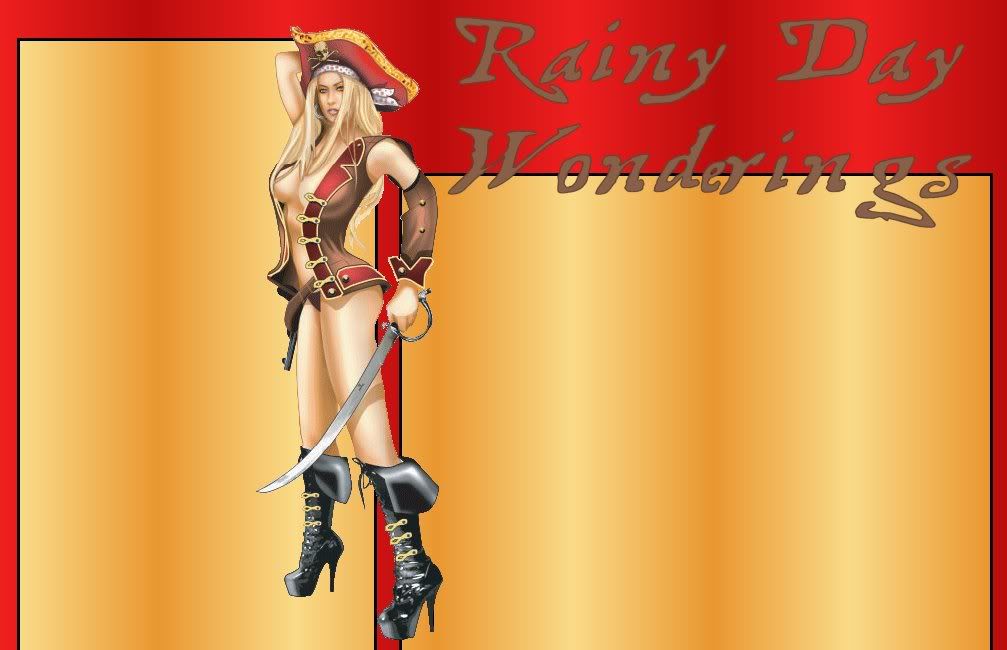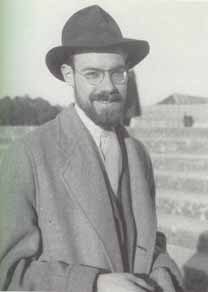


John Berryman 1914-1972
A scholar and professor as well as a poet, John Berryman is best-known for The Dream Songs, an intensely personal sequence of 385 poems which brought him the Pulitzer Prize and National Book Award. In these he invented a style and form able to accommodate a vast range of material while expressing his turbulent emotions.
Born John Smith in McAlester, Oklahoma, in 1914, Berryman suffered a great loss at 12 when his father shot himself outside the boy’s window. This event haunted him throughout his life, and recurred as a subject in his poetry. After his mother remarried, John took his stepfather’s name and lived in Massachusetts and New York City. Berryman graduated from Columbia in 1939.
In December of that same year he was hospitalized for epilepsy, although he was actually suffering from nervous exhaustion, a condition that would recur in future years, exacerbated by alcoholism. The first of three marriages came in 1942, and six years later he published his first important book of poetry, The Dispossessed. In 1955, after teaching stints at Harvard and Princeton, Berryman took a position at the University of Minnesota, where he remained until his death.
National attention greeted Homage to Mistress Bradstreet (1956), a dense, brilliant book-length dialogue with the seventeenth century poet Anne Bradstreet, and intensified with the installments of Berryman’s masterwork, 77 Dream Songs (1964) and His Toy, His Dream, His Rest (1968). These portray “Henry,” an anguished and often-deranged character very much like Berryman. Made up of three six-line stanzas that teem with allusions, they also stirred controversy by drawing on nineteenth century minstrel shows in which white performers in blackface enacted racist stereotypes.
After checking into alcohol rehabilitation once in 1969 and three times in 1970, Berryman experienced "a sort of religious conversion" in 1970. He considered Judaism, professed Catholicism, and wrote Recovery (1971), a vague autobiography about alcoholic rehabilitation.
The frankness of Berryman’s work influenced his friend Robert Lowell and other Confessional poets like Anne Sexton. The poet’s lifelong struggles with alcoholism and depression ended in 1972, when he jumped off a Minneapolis bridge in the dead of winter.
Dream Song 14
by John Berryman
Life, friends, is boring. We must not say so.
After all, the sky flashes, the great sea yearns,
we ourselves flash and yearn,
and moreover my mother told me as a boy
(repeatingly) ‘Ever to confess you’re bored
means you have no
Inner Resources.’ I conclude now I have no
inner resources, because I am heavy bored.
Peoples bore me,
literature bores me, especially great literature,
Henry bores me, with his plights & gripes
as had as achilles,
who loves people and valiant art, which bores me.
And the tranquil hills, & gin, look like a drag
and somehow a dog
has taken itself & its tail considerably away
into mountains or sea or sky, leaving
behind: me, wag.
John Berryman, Dream Song 14 from The Dream Songs. Copyright © 1969 by John Berryman, renewed 1997 by Kate Donahue Berryman.

Sara Teasdale (1884-1933)
Sara Trevor Teasdale was born on August 8, 1884 in St. Louis Missouri. She was the youngest child of Mary Elizabeth Willard and John Warren Teasdale. At the time of Sara's birth, Mary was 40, and John was 45. Teasdale had three other siblings.
Sara was always very frail, and caught diseases easily. For most of her life, she had a nurse companion that took care of her. Teasdale grew up in a sheltered atmosphere. She was the youngest child. Because of that, she was spoiled and waited on like a princess. She never had to do normal chores, like make her bed, or do the dishes. She was known to have described herself as "a flower in a toiling world".
Because she was so sickly, she was home schooled until she was nine. She never had communication with her peers. Teasdale grew up around adults. She was forced to amuse herself with stories and things that she made up in her own lonesome world. When Sara was ten, she had the first communication with her peers.
Sara’s first published poem was "Reedy's Mirror", and it was published in a local newspaper. Her first collection, "Sonnets to Duse and Other Poems", was published in 1907. She published many other collections including "Rivers to the Sea", "Love Songs", "Flame and Shadow", "Dark of the Moon", "Stars To-night", and finally, "Strange Victory".
Teasdale married her sweetheart Ernst Filsinger in 1914. They had a happy marriage, but they divorced in 1929, and lived the rest of her life only for her poetry.
In 1918, she won the Columbia University Poetry Society Prize (which became the Pulitzer Prize for poetry) and the Poetry Society of America Prize for Love Songs, which had appeared in 1917. Sara was always frail and sickly, but in 1933, Sara caught chronic pneumonia and it weakened her not only in body but also in mind and spirit. No longer able to see the beauty in simple things, Teasdale committed suicide in 1933 at age 48 in New York, NY on January 29, 1933 with an over dose of barbiturates. Her final book of poetry was published that year.
Union Square
by Sara Teasdale
With the man I love who loves me not,
I walked in the street-lamps' flare;
We watched the world go home that night
In a flood through Union Square.
I leaned to catch the words he said
That were light as a snowflake falling;
Ah well that he never leaned to hear
The words my heart was calling.
And on we walked and on we walked
Past the fiery lights of the picture shows —
Where the girls with thirsty eyes go by
On the errand each man knows.
And on we walked and on we walked,
At the door at last we said good-bye;
I knew by his smile he had not heard
My heart's unuttered cry.
With the man I love who loves me not
I walked in the street-lamps' flare —
But oh, the girls who ask for love
In the lights of Union Square.
The Old Maid
by Sara Teasdale
I saw her in a Broadway car,
The woman I might grow to be;
I felt my lover look at her
And then turn suddenly to me.
Her hair was dull and drew no light
And yet its color was as mine;
Her eyes were strangely like my eyes
Tho' love had never made them shine.
Her body was a thing grown thin,
Hungry for love that never came;
Her soul was frozen in the dark
Unwarmed forever by love's flame.
I felt my lover look at her
And then turn suddenly to me, —
His eyes were magic to defy
The woman I shall never be.
Want to know more? I suggest the following
John Berryman Collected Poems19
37-197By John Berryman, Charles Thornbury; Publisher: Farrar, Straus and Giroux; Release Date: 01 August, 1991; ISBN: 0374522812
Berryman's Shakespeare: Essays, Letters, and Other Writings
By John Berryman, John Haffenden; Publisher: Farrar, Straus and Giroux; Release Date: 30 December, 2000; ISBN: 0374527504
I just want to thank everyone that stops by. Please come again!
N Posted by Rain at 6/15/2006 12:28:00 AM
![]()
![]()


